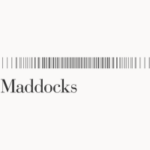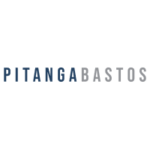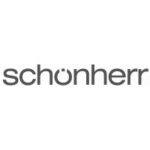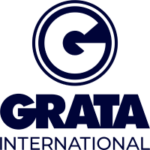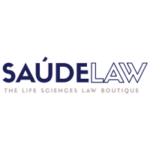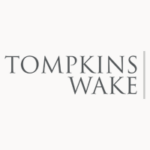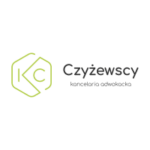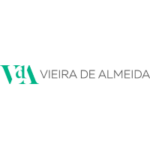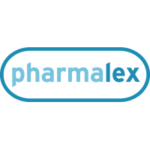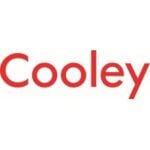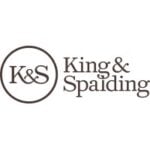-
What laws are used to regulate advertising on medicines in your jurisdiction?
-
Are there any self-regulatory or other codes of practice which apply to the advertising of medicines? a) If there are any such codes, to whom do they apply (companies, or healthcare professionals, for example)? b) What is the legal status of the self-regulatory codes?
-
Is there a statutory or generally accepted definition of “advertising”? a) What does the definition cover? – does it include patient information leaflets, for example, catalogues, disease awareness campaigns or correspondence, for example? b) Does the definition apply equally to all target audiences?
-
Are press releases regarding medicines allowed in your jurisdictions, and if so what are the restrictions on these (bearing in mind the target audience)?
-
Are there any processes prescribed (whether by law or Codes of Practice) relating to the approval of advertising of medicines within companies?
-
Do companies have to have material approved by regulatory bodies prior to release?
-
Is comparative advertising for medicines allowed and if so, what restrictions apply?
-
Is it possible to provide information on unauthorised medicines or unauthorised indications? Is it possible to provide information on unauthorised medicines or unauthorised indications during a scientific conference directed at healthcare professionals, or to send information to healthcare professionals?
-
Please provide an overview of the rules that apply to advertising to the general public for prescription only medicines and over the counter medicines, and include the information that must or must not be included.
-
Are there any restrictions on interactions between patients or patient organisations and industry (e.g., consultation, sponsorship)? If so, please describe those briefly.
-
Which information must advertising directed at healthcare professionals contain, and which information is prohibited? For example, can companies provide information about clinical trials, or reprints of scientific journal articles?
-
May pharmaceutical companies offer gifts to healthcare professionals and are there any monetary limits?
-
Are pharmaceutical companies allowed to provide samples to healthcare professionals?
-
Are pharmaceutical companies permitted to sponsor scientific meetings or congresses and/or attendance by healthcare professionals to these events? If so, which restrictions apply? Do additional restrictions apply to events taking place abroad?
-
What are the restrictions on the organisation of cultural, sports or other non-scientific events in relation to scientific conferences by pharmaceutical companies?
-
Is it possible to pay for services provided by healthcare professionals and if so, which restrictions apply?
-
Are pharmaceutical companies permitted to provide grants or donations to healthcare professionals or healthcare institutions? Does it matter if the grant or donation is monetary or in kind?
-
Are pharmaceutical companies required to disclose details of transfers of value to healthcare professionals or healthcare institutions? If so, please indicate whether this is a legal requirement or not, and describe briefly what the companies must report and how. Do these transparency requirements apply to foreign companies and/or companies that do not yet have products on the market?
-
Are there any restrictions (whether by law or Codes of Practice) on advertising for medicines on social media directed to healthcare professionals or directed to the general public?
-
Is advertising on the internet for medicinal products regulated, and if so, how? Should companies include access restrictions on websites containing advertising or other information intended for healthcare professionals?
-
Are there any anti-bribery rules that apply to communications between pharmaceutical companies and healthcare professionals or healthcare organisations?
-
What are the rules (whether statutory or self-regulatory) which govern the offering of benefits or inducements to healthcare professionals?
-
Which bodies are responsible for enforcing the rules on advertising and the rules on inducement? Please include regulatory authorities, self-regulatory authorities and courts.
-
On what basis and before which bodies or courts can companies initiate proceedings against competitors for advertising infringements?
-
What are the penalties, sanctions or measures that regulators or courts can impose for violating medicines advertising rules and rules on inducements to prescribe in your jurisdiction?
-
What is the relationship between procedures before or measures taken by the self-regulatory authority and the procedures before or measures taken by courts/government competent authorities?
-
Are there any recent enforcement trends in relation to pharmaceutical advertising in your jurisdiction? Please report any significant (publicly known) enforcement actions in the past two years.
Japan: Pharmaceutical Advertising
This country-specific Q&A provides an overview of Pharmaceutical Advertising laws and regulations applicable in Japan.
